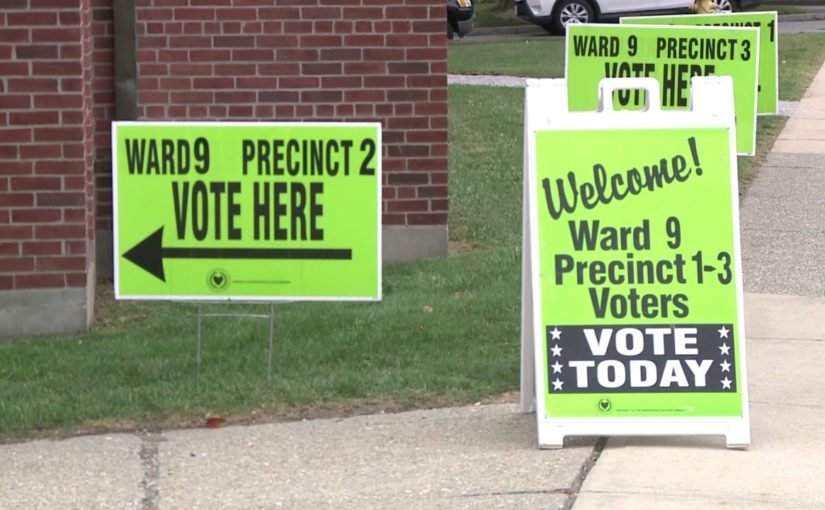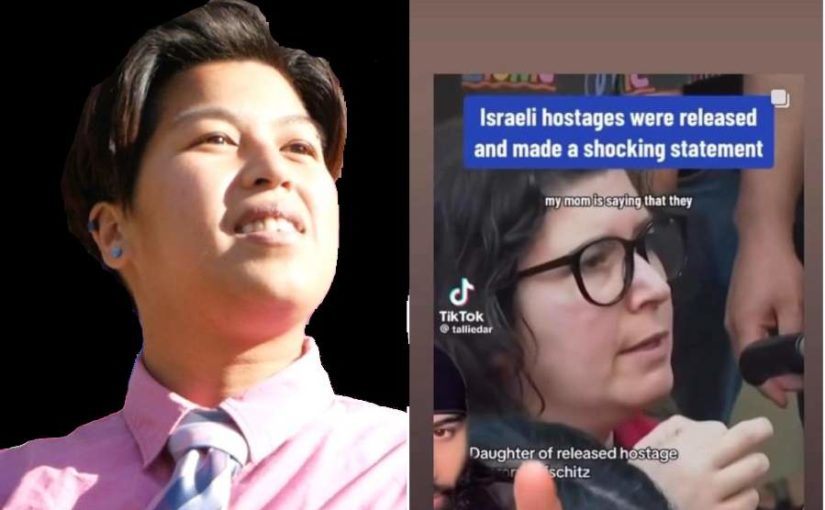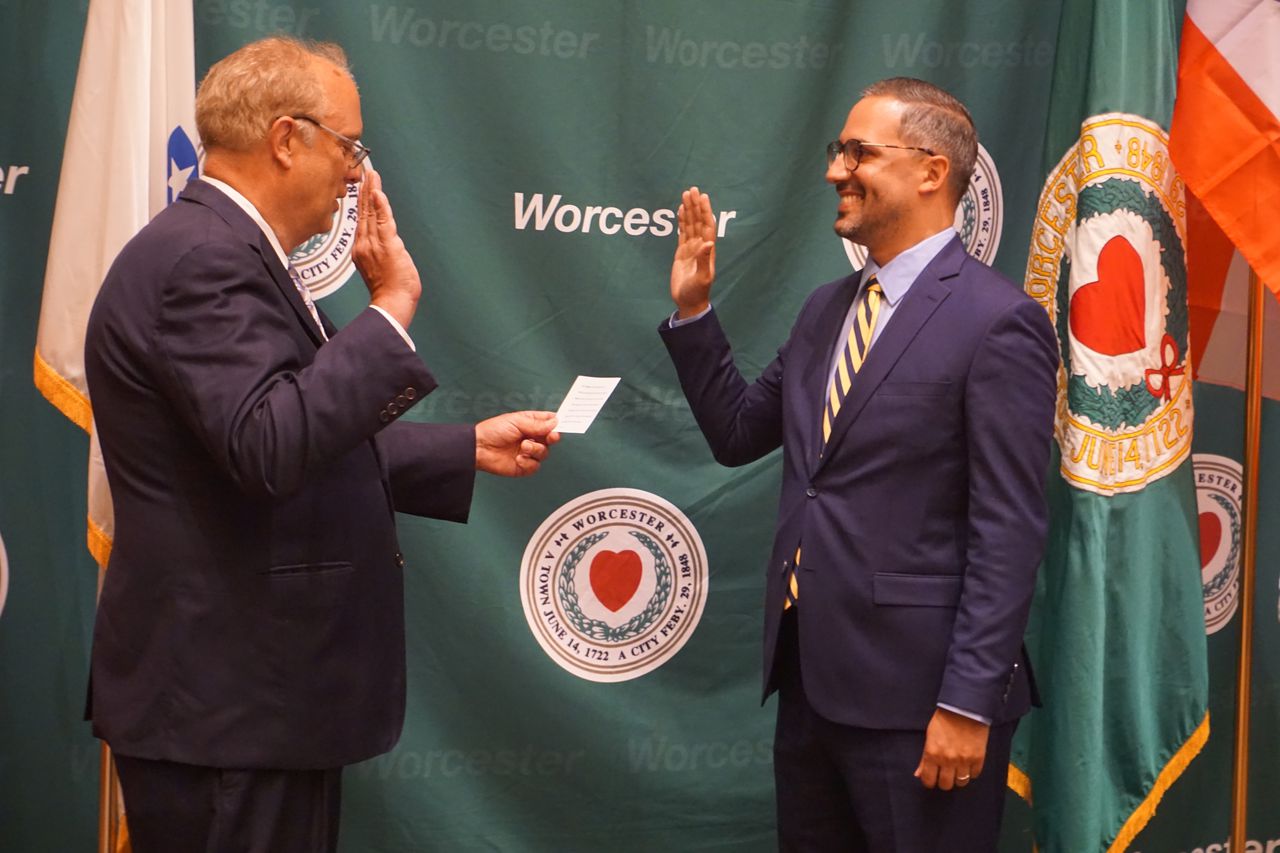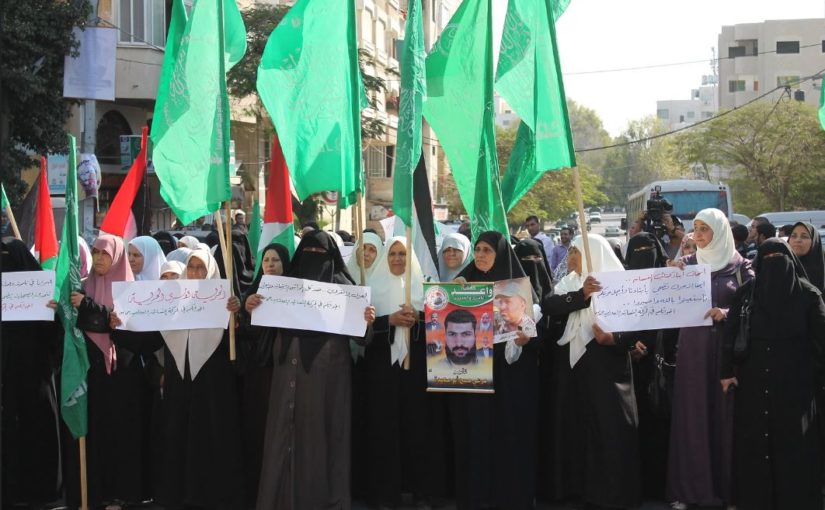Capping off an election season marked by harsher than normal rhetoric, a larger than usual portion of voters cast their ballots in the Worcester elections on Nov. 7, endorsing the status quo. In doing so, they gave their seal of approval to the work of Mayor Joe Petty, the city council as a body, and the city manager, providing a mandate to continue in a similar direction. Some initial thoughts on the lessons of this election are below.
This election cycle was marred by antisemites, terror apologists, and those who refused to condemn them. I’ve already written about that here, here, and here.
Overview of the results
In the city council at large races, every single incumbent maintained their seat. Their order of victory was similar as well, with a few changes. Petty came in first and Toomey came in second, as was the case a year ago. King still came in third, despite his run for mayor. In addition, the conservative Donna Colorio, who in 2021 came in sixth, traded places with Hamas-defender Thu Nguyen, who came in fourth then but this year dropped down to sixth.
In the district seats, the center-left Jennie Pacillo sailed to a clear victory in the open District 1, while the moderate incumbent Candy Carlson fended off leftist challenger Rob Bilotta, 52.8 to 47.2. George Russell easily defeated in District 3 a challenger with no clear political ideology, while newcomer Luis Ojeda, a well-loved gym teacher and coach at Claremont Academy, won the open seat in District 4. In the fifth district, Etel Haxhiaj prevailed over challenger Jose Rivera, 51.3 to 48.7, representing a decline in support from the previous election cycle, in which Haxhiaj won 54 to 46.
Joe Petty handily won the race for mayor, receiving half the vote total in a five-way race. His closest rival, King, only took about 25 percent.
School committee candidates this year ran under different rules than in prior years, so a direct comparison is difficult. Still, former Worcester Public Schools superintendent Maureen Binienda was by far the big winner. In her race for one of the two at-large school committee seats, she took more than 10,000 votes, more than anyone else in the whole election cycle, aside from Petty.
Larger turnout doesn’t mean progressive victory
In Worcester and across the country, progressives have often lamented low turnout in elections, particularly municipal elections, arguing that if only more people voted, there would be a dramatic leftward shift. That proved not to be the case in Worcester. On Nov. 7., 22 percent of voters turned out – more than in at least a decade. Voters trounced the left-wing slate, knocking off no incumbents at all.
The most left-wing of all the at-large city council members is Thu Nguyen (they/them), and they saw the most significant decrease in their percentage of the vote, dropping from fourth to sixth place. Etel Haxhiaj, who represents District 5, managed to hold onto her seat, but by a far smaller margin than she won it in the previous cycle.This year she edged out challenger Jose Rivera 51.3 to 48.7, while she won her seat 54 to 46 in 2021, her margin of victory shrinking from about eight points to less than three, and that is with the advantage of incumbency. Meanwhile, in District 2, moderate Candy Carlson, a bête noire of Worcester’s progressives, defeated her left-wing challenger Robert Bilotta by nearly six points.
On the school committee, progressives fared even worse. Another of their bêtes noires, Maureen Binienda, took more votes than anyone else, and actually took more votes than any other candidate in any of the elections, aside from Joe Petty, as mentioned above. In the school committee districts, the most right-wing candidate of the cycle, Kathi Roy, defeated Nelly Medina, backed by progressives.
The fact that more people turned out and progressives did worse suggests that the general public is not nearly as left leaning as progressives have hoped.
Money and politics
While Bilotta had far less cash in hand than Carlson, his campaign was buoyed by money spent by left-wing groups such as the Worcester Working Families Independent Expenditure PAC and several other groups, which also provided volunteers.
Bilotta wasn’t the only progressive that the WWF IEP spent money on. Indeed, they spent tens of thousands of dollars on social media ads and mailings both supporting candidates they endorsed and denouncing liberal, moderate, and conservative candidates they opposed. It does not appear that the money did much.
WWF and their allies made a lot of noise about the Chamber of Commerce-backed Progress Worcester’s coming into being, but they never adequately explained to voters why money the WWF IEP spent, which came largely from two couples living in the suburbs, was legitimate and money the Chamber of Commerce spent on their PAC was some kind of anti-democratic measure.
In the end, it doesn’t appear that any of the money did very much. The only candidate backed by both Worcester Working Families and Progress Worcester was Guillermo Creamer, and he failed to take a seat in the at-large council race. While he was at the top of the list of those who did not win, he only beat the next highest vote getter in that category by 32 votes.
Voters support abortion rights – when they’re really on the ballot
Nov. 7 was a day of victory for pro-choice advocates. Voters in Virginia punished candidates who wanted to add restrictions to abortion, while voters in Ohio chose to enshrine abortion into their state’s constitution. As the New York Times wrote, abortion is a winning issue for Democrats.
At the same time, Worcester showed that voters are sophisticated enough to know the difference between when abortion is on the ballot and when charlatans cynically pretend pro-choice candidates are opposed to women’s rights. Nguyen, looking for an issue to rally voters, pushed a measure against so-called “crisis pregnancy centers” that the city’s attorney – as well as others, including the liberal Democratic mayor of Easthampton, who used her veto powers for the first time since she was elected in 2017 to strike down a similar bill – said wasn’t constitutional and would open the city up to costly lawsuits it would likely lose.
Despite the fact that the question around the CPC legislation was about whether the city could constitutionally pass the ordinance, and not about abortion rights, Worcester Working Families painted every council member who voted in line with the attorney’s legal recommendation as anti-choice. They even smeared Petty as “siding with anti-choice extremists,” despite the fact that he, as well as others who voted against the CPC rule, were endorsed by Planned Parenthood in previous cycles.
The voters saw through this dishonesty.
Voters don’t like smear campaigns
WWF actually spent a lot of money spreading dishonest smears around Facebook, accusing people of “siding with extremists” and other such things. They accused council member Moe Bergman, who increased his share of the vote this cycle, of using “racist dog whistles” for saying a decade ago that society and kids are different than they were in previous decades.
Working with a newsletter called Worcester Sucks and I Love It, (WSILI) this group has essentially recreated the dynamic that former city council member Michael Gaffney had with a blog called Turtleboy Sports. In fact, WWF/WSILI is essentially a left-wing mirror image of the right-wing Gaffney/Turtleboy alliance, which this blog played a lead role in dismantling. Both of these groupings work based on the assumption that those who disagree with them are enemies, not people with different opinions. Both used juvenile names for citizens with whom they disagreed: the right-wing faction referred to people as “fupasloths” while the left-wing grouping refers to “townies” and “lady uncles.”
WWF/WSILI, just like Gaffney/TBS, paint their opponents are some sort of conspiracy, as well. Gaffney referred to the cabal as the “McGovern crime family,” while WWF/WSILI think that there’s a “normative six” who work to thwart “progress.”
Just like Worcester voters rejected Gaffney and his grouping, they rejected the WWF/WSILI grouping. Sure, Nguyen is still in the council, but everyone else who had a real campaign was also aligned with Nguyen and the WWF grouping. While WWF made a point of arguing that calls for “civility” and “consensus” were some kind of right-wing trickery, these concepts resonated with voters, most of whom are tired of the extremes on each side constantly yelling and demonizing their opponents.
Conclusion
The above represents some initial thoughts about the results of the Worcester elections. Much of what is written here is fairly obvious, but it is worth stating. Most importantly, it is worth repeating Worcester’s voters sent a clear, unambiguous message that they reject ideological warfare. They want the city council and the school committee’s members to work together to solve the challenges that face the city.
Unfortunately, Council Member Nguyen seems to have already rejected the voters’ mandate. Instead of congratulating the victors and moving forward, Nguyen took the Trump route, complaining that the largest number of voters the city has seen in a decade defeated their allies in “the illusion of democracy.” The rest of the council should reject this attitude.
While the progressive bloc labeled the idea anathema, Worcester voters really do what consensus buildings.
CORRECTION: An earlier version of this post said that Kate Toomey came in third place in the at-large city council race, with Khrystian King coming in second. In fact, King came in third and Toomey second.



